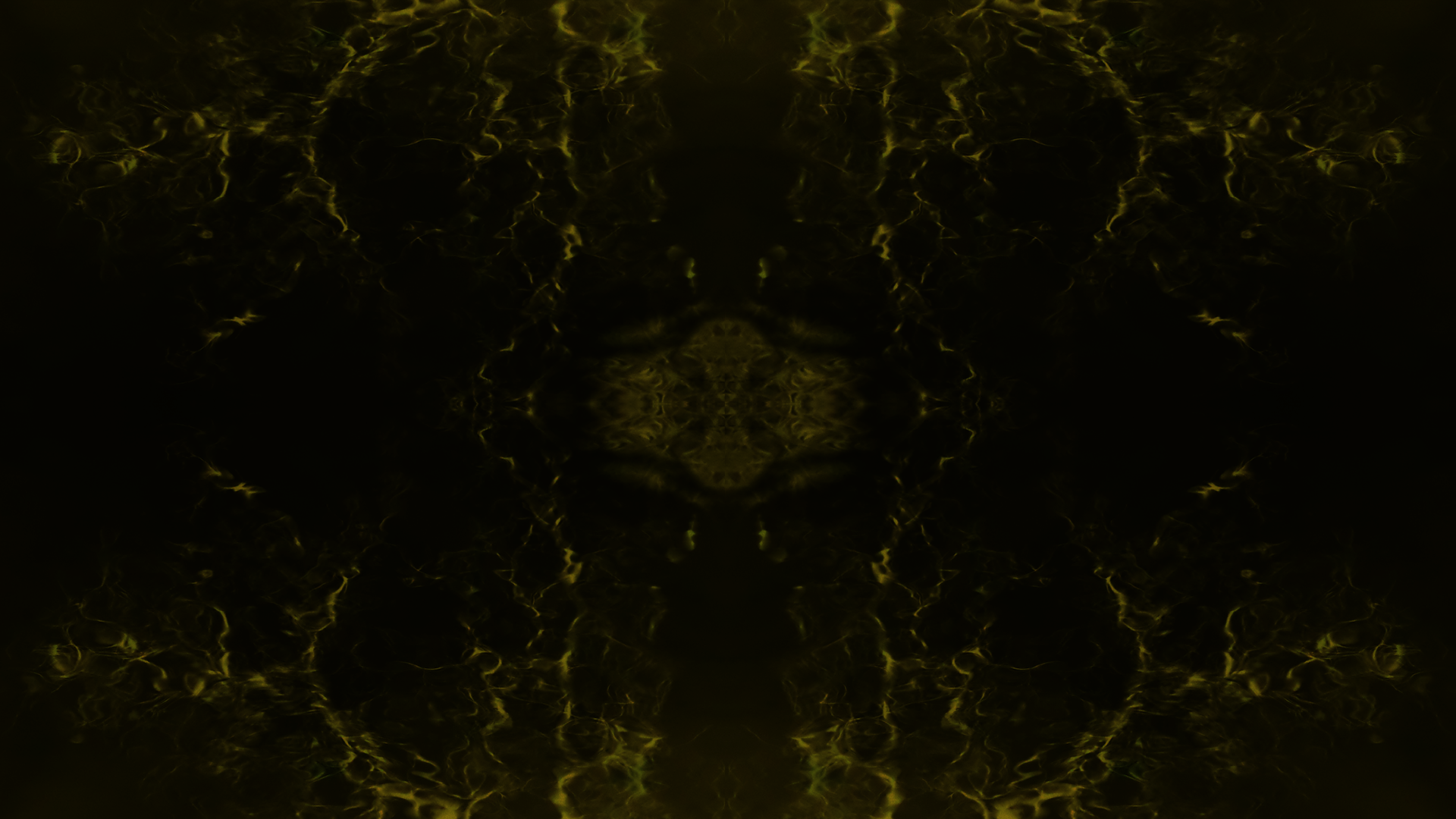Blog

(Note: in light of events since this conversation took place on April 20th, 2017, both the author and interviewee of this piece wish to make clear that there is no longer any possible excuse for those who support Trump and his blatantly hateful views.)
Words contain worlds. To speak aloud a delicious ordering of letters and feel the births of aural constellations spilling from tongue, through teeth and into air is one of life’s purest joys. It’s intimate in a way that not many social things are. Describing a story to someone is a bit like describing a dream; it can be difficult (if not impossible) to explain why a certain phrase here elicits a susurrus of shivers, or why a paragraph can shift your consciousness completely.
The former mosque that was home to Amir Naaman and Doron Hamburger’s Topics bookstore has a unique philosophy. “Doron and I often had literary discussions, and both of us were always interested in the small details”, says Naaman. His habit when approaching books—especially at a young age—was to skip around a lot, anarcho-style, employing a sort of mental, Burroghsesque cut-up format of reading, picking out details that struck him. The overall thrust of the plot was irrelevant; whodunit? Who cares? Do it some more and let’s move on.
Naaman sees himself as a world-builder. “Our true philosophical—you might even say mystical—perception of literature is to show the secret pathways buried inside it. We like things…outside. Inside the world of literature is content and theme. It’s too easy to categorize things as Horror, Science Fiction, Poetry…rather, we organized books under Friday, Dogs, and Writers Who Killed Themselves. It’s how we actually read, and reading isn’t an intellectual pastime—it’s a religion.”
For the layman’s knowledge, occult practices are not always Harry Potter fantasy. Magick is essentially a mental and philosophical practice that will give you the frame of mind to competently shape your reality as you see fit; a bit like a mental exercise that understands the natural energies of this world and aims to help you harness them. It is also tied closely with Aleister Crowley, a clever man with some intriguing, cobbled-together philosophies and a lot of bollocks trailing behind. Despite the pillar of salt necessary to indulge many of his writings, Crowley is a seminal figure in occult practice and the stepping-stone of any magickal initiate.
Anyone delving into the field will be sure to encounter the hierarchal structures erected around Crowley—structures that Naaman (as well as this writer) find stiflingly antithesis to actual magickal practice. It’s not only hierarchy that troubles Naaman about magick and the occult, however, but the Nazi regime’s obsession with it. In case you haven’t heard, those guys are real jerks, and their use of magickal practice to enhance their power has left a blight on the practice—particularly in the eyes of the more hardcore left.
As Naaman explains, “I read an article in the New York Times about Trump advisor Steve Bannon a while back, and he said one of his greatest influences was the Italian mystic Julius Evola—a man who was also a fascist, racist and misogynist—basically an all-around bad guy. But—still a mystic. So I thought, well…this is interesting, that this man so close to the American president is inspired by someone who practiced magick. And so I thought it would be fascinating to have him speak on that as well.”
Following the event announcement, far-left groups (Naaman declines to call them AntiFa) launched an attack, proselytizing about the sheer wrongness of studying the ideologies of anyone with dissenting views: “They said that if we do this, they will come with their dogs and rip our tongues out”—which doesn’t sound fascist at all. In the face of such an assault of rhetoric, Topics shut down the talk. “Speaking with some of my friends in the far left, talk of the occult and esoteric subjects is considered politically unacceptable. Of course I understand the history behind it in Germany, and I can understand why such talk might make them afraid. But the truth is that I don’t give a shit about them. The first thing you have to know if you take magick seriously is to not take it seriously.”
The practice of magick is, at its core, entirely self-political and immoral. But there is logic behind the fear. Many magickal societies are not left-wing; rather than study the elements of self-actualization and betterment that magick can empower, they prefer the old human ideas of power and organized rank that more mainstream churches have used for millennia to maintain a grasp on humanity. Their methodologies and philosophies are tinged with what we now know as racist and patriarchal leanings. Naaman understands this, but also understands how to read and intuit meaning from past writings without absorbing the negative aspects underscoring them.
Think about how we look at things now. There’s a stark black and white approach to most politics—all Trump supporters are racists, all protestors are jobless baby killers, and so forth. So many trumpet progressiveness, yet in twenty years time our ideas will be outmoded and probably decried by future generations. That does not denigrate the knowledge we have as inferior, but simply states the obvious: time shows newer and truer paths.
“I’m hardly a professor,” says Naaman. “But the structure of radical right memes is brilliant magick. I was actually very hurt to see how they use magick, but the Internet combined with magick combined with knowledge of how society works is a very powerful tool.”
The combination is a movement of sorts—like the AntiFa, it “doesn’t exist”—it’s just people. But with postmodern meme-magick like Matt Furie’s hijacked Pepe The Frog, it constitutes an ideology all its own, shorn of belief systems but with clear agendas. “I was so disappointed to see how the left responded to the whole thing. The left has no magick any more, and that’s why they’re losing. When the whole ‘witches creating hexes on Trump’ thing happened…it’s a half-ass thing. They’re too aware of themselves. Rhetoric is not magick, and it isn’t ideology.
In the ‘60s, the left used Discordianism to their benefit, creating havoc in institutional structures. Now the radical right—the kek people, if you will—are the new chaos magickians. And they’re good at it—because they don’t take it seriously. The left is afraid to play with magick—or even to just play around with ideas, and it’s hurting them. Again, magick is essentially the act of harnessing personal will to make change—and based on fervent study of both parties, one aspect rings louder than others: the idea of censoring past voices.
“In some left circles, claiming to be pro-free speech regardless of what that speech is could be considered proto-fascist. But I’m an old-school social Democrat,” Naaman explains. “If you tell me something is forbidden, I will read it. I read Mein Kampf, I read 120 Days of Sodom; these books of ideas which people have called evil and wrong, ideas from men who would want to kill me and people like me. And guess what—they’re pretty fucking boring. But I’m still going to read them, because…because. I’m not afraid that racist or fascist ideas will stick to me. Even if you don’t agree with or condone an idea, it’s important to understand why those ideas are formulated in the first place.”
The big problem with the left, and this is not just in America but across the world as well, is that it has ceased to think about the average, working person. It’s very easy to claim an intellectual advantage over another person when you have the money to study, but the average person isn’t even necessarily interested in study. They want to feed their family and get on with life. Which is a good thing, but the left doesn’t speak to that. Meanwhile the right is entrenched with poison, but because they use the working, average person as an ideological base they have a strong launchpad for their garbage. These people don’t care about tax returns, or identity politics. Of course these things have their place and context, but everything is reaching such a point of hysteria that the average person just can’t relate. What about minimum wage? What about making sure you have access to medicine or housing? This is the boring shit, I know—but the fact that the left in the states look down at Trump supporters, people who often are working-class and not inundated with alternate information and say, ‘well you deserve nothing because you’re racist’ is ridiculous.
“Racism is something that exists in everyone—it’s part of every major culture. To be fair, white culture is historically fucked up. But there’s a leftist trend of pretending that other cultures are less evil, less free of racism, fascism, misogyny. Which is completely false. So much leftist rhetoric has been corrupted to serve the right. You can’t look down on racism and bigotry as something you don’t have. No culture is exempt—we are all a flawed species. And we need to fight it, not pretend it doesn’t exist.”
We now have a gift and a curse. Our reach is so large that what once required a degree in linguistics is achievable for anyone with WiFi. We can parse and dissect Facebook and Twitter statuses with the demeanor of the best literature professor the ‘70s had to offer, to the tiniest minutiae—there’s a comma here which insinuates irony, or a modifier here which indicates a non-mainstream approach to conceiving gender. We are all now literature professors. But the fact that you can do immediately do it doesn’t mean you can immediately understand it.
Words are paths. They invite you on a journey, and where that journey ends is essentially up to you. Where you go from here may vary, but if you seek to travel somewhere unusual—final destination unknown—you may find your path between the lines.
Next Post: Darklands’ Guide to Wedding
